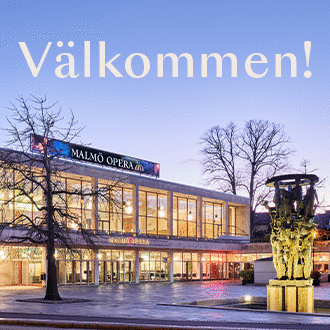Canada, this wonderful, gigantic country to the west. Lundagård's exchange columnist Ondrej Gomola finds himself both infatuated and a bit confused when arriving in Vancouver.
At 7 560 km across, Canada is a fairly large country. The world’s second-largest country by area, it spans across six time zones. I was not truly aware of this, until I embarked on my exchange to Vancouver on its westernmost coast and flew upwards of half a day trying to get there. I thought Sweden was big. My recent experience suggests the contrary: you can fit in twenty-two Swedens into Canada’s vast landmass and still have plenty of room to spare.
I’ve lived abroad before, but this hit different: I was going to be on another continent, away from Europe, far away from my family, my loved ones and my friends. Arriving here was full of mixed feelings: a generous dollop of excitement and nervousness, worry and delight all mixed together. But over time, these disentangled as my new home started to feel more like my new home and I met other exchange students equally as lost as me. We’re all trying to make the most of our time away—and I know, for instance, that I will deeply miss this spectacular country once I will have to leave.
Coming from a land where lagom, the Swedish word for ‘just right’, is king, it is needless to say that I have been somewhat taken aback. It seems that such a large country cannot suffice with normal (European)-sized things in general. The trees here are about twice the size I’ve seen before, and the cars are unnecessarily large. The locals also seem to have evolved a predisposition to loud conversation (read: shouting) and a sort of apologetic friendliness I have yet to encounter elsewhere. Even the buses here in Vancouver apologise to you: “sorry”, reads the screen on the bus before it changes to “bus full”.
Walking through my university campus and trying to get through the crowds of 60 000 students on their way to morning classes, I wondered what my impression of this similar, inviting yet strange country was. My conclusion: it’s as if everything is European, but just a bit off. For instance, Canadians have caused total abomination by naming a pain au chocolat a “chocolate croissant”, making the Frenchman inside me shudder with horror and go on strike. Local cuisine consists of fries, gravy and cheese curds (a dish called “poutine”), whose deliciousness, I imagine, wanes somewhat once you have ingested ten portions and have subsequently needed to visit a local medical practice.

Photo: Ondrej Gomola
Ultimately, I tell myself that exchange is what I make of it. Arriving with the mindset of European superiority, however, will not make my experience more enjoyable. Sure, cream cheese here includes enough gum to make bubble-gum manufacturers in Europe weep. But I think that leaving my European prejudices behind will make my exchange more enjoyable.
Except when it comes to pastry names.










